A fever is the immune system’s response to an infection or invader. Most fevers drop after people take over-the-counter medications. People should call a doctor if their fever reaches 103° F and go to an emergency room if it reaches 105°.
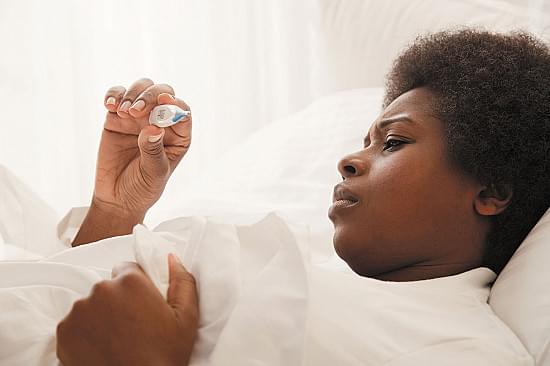

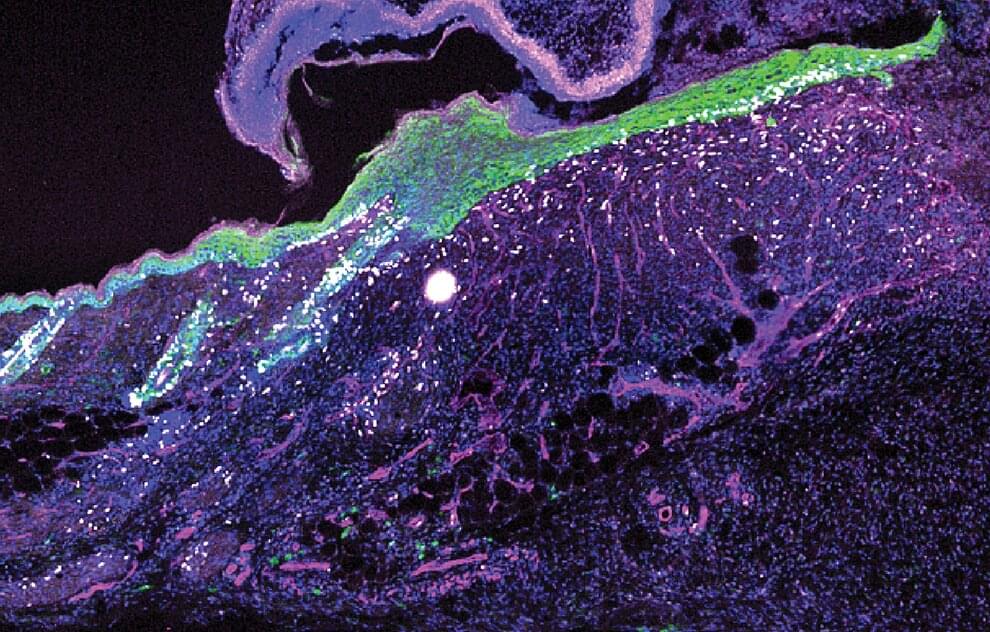
It’s a dangerous world out there. From bacteria and viruses to accidents and injuries, threats surround us all the time. And nothing protects us more steadfastly than our skin. The barrier between inside and out, the body’s largest organ is also its most seamless defense.
And yet the skin is not invincible. It suffers daily the slings and arrows of outrageous fortune, and it tries to keep us safe by sensing and responding to these harms. A primary method is the detection of a pathogen, which kicks the immune system into action. But new research from the lab of Rockefeller’s Elaine Fuchs, published in Cell, reveals an alternative protective mechanism that responds to injury signals in wounded tissue—including low oxygen levels from blood vessel disruption and scab formation—and it doesn’t need an infection to get into gear.
The study is the first to identify a damage response pathway that is distinct from but parallel to the classical pathway triggered by pathogens.
Accelerating Breakthroughs in Critical and Emerging Technologies — Dr. Erwin Gianchandani, Ph.D. — Assistant Director for Technology, Innovation and Partnerships, U.S. National Science Foundation (NSF)
Dr. Erwin Gianchandani, Ph.D. is Assistant Director for Technology, Innovation and Partnerships, U.S. National Science Foundation, leading the newly established TIP Directorate (https://new.nsf.gov/tip/leadership).
The TIP Directorate is focused on harnessing the nation’s vast and diverse talent pool to advance critical and emerging technologies, addressing pressing societal and economic challenges, and accelerating the translation of research results from lab to market and society, ultimately improving U.S. competitiveness, growing the U.S. economy and training a diverse workforce for future, high-wage jobs.
Prior to becoming the Assistant Director for TIP, Dr. Gianchandani served as the senior advisor for Translation, Innovation and Partnerships, where he helped develop plans for the new TIP Directorate in collaboration with colleagues at NSF, other government agencies, industry, and academia.
During the previous six years, Dr. Gianchandani was the NSF deputy assistant director for Computer and Information Science and Engineering (CISE), twice serving as acting assistant director. His leadership and management of CISE included the formulation and implementation of the directorate’s $1 billion annual budget, strategic and human capital planning, and oversight of day-to-day operations for a team of over 130.
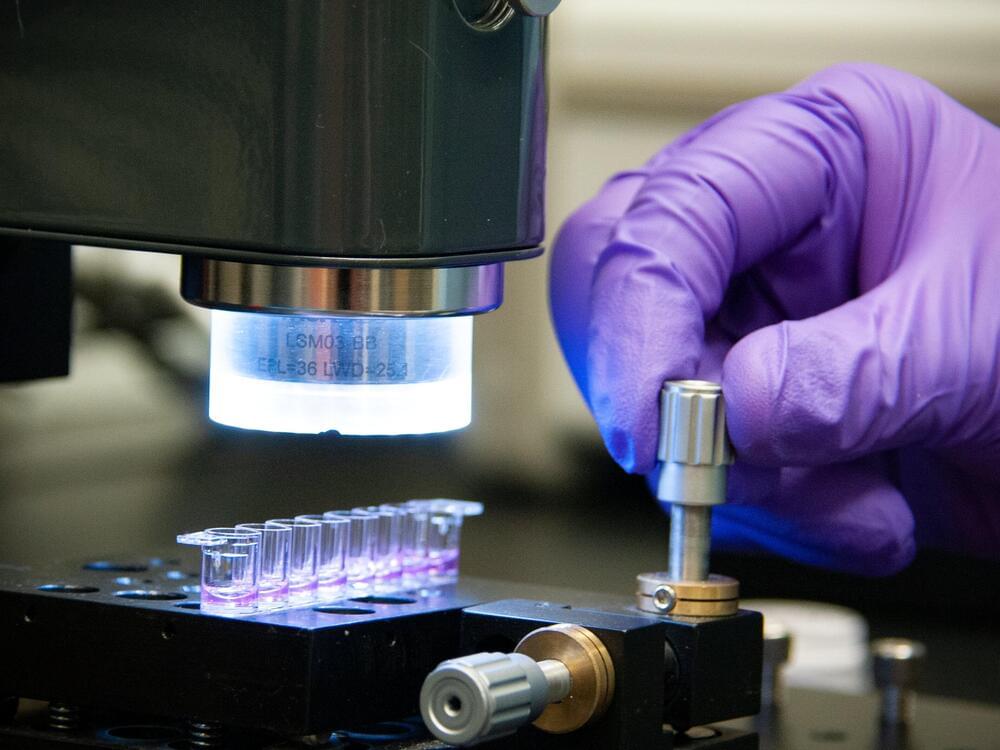
Engineering organs to replace damaged hearts or kidneys in the human body may seem like something out of a sci-fi movie, but the building blocks for this technology are already in place. In the burgeoning field of tissue engineering, live cells grow in artificial scaffolds to form biological tissue. But to evaluate how successfully the cells develop into tissue, researchers need a reliable method to monitor the cells as they move and multiply.
Now, scientists at the National Institute of Standards and Technology (NIST), the U.S Food and Drug Administration (FDA) and the National Institutes of Health (NIH) have developed a noninvasive method to count the live cells in a three-dimensional (3D) scaffold. The real-time technique images millimeter-scale regions to assess the viability of the cells and how the cells are distributed within the scaffold—an important capability for researchers who manufacture complex biological tissues from simple materials such as living cells.
Their findings have been published in the Journal of Biomedical Materials Research Part A.

Dementia is a brain disease that affects around 55 million people worldwide and is characterized by the loss of cognitive functions like memory and reasoning.
The classic, early cognitive symptoms of dementia – like misplacing valuable objects, forgetting names, and finding planning difficult – can creep up slowly over time.
But there are other, more noticeable changes to the body that correlate with dementia risk and can be picked up over a decade before diagnosis. Recent research has found that hearing difficulties may be a warning sign of dementia that arises years before other symptoms of the disease.

Using non-invasive techniques to manipulate our emotions, it might be possible to curtail the screaming horrors that plague our sleep.
A study last year conducted on 36 patients diagnosed with a nightmare disorder showed that a combination of two simple therapies reduced the frequency of their bad dreams.
Scientists invited the volunteers to rewrite their most frequent nightmares in a positive light and then played sound associated with positive experiences as they slept.
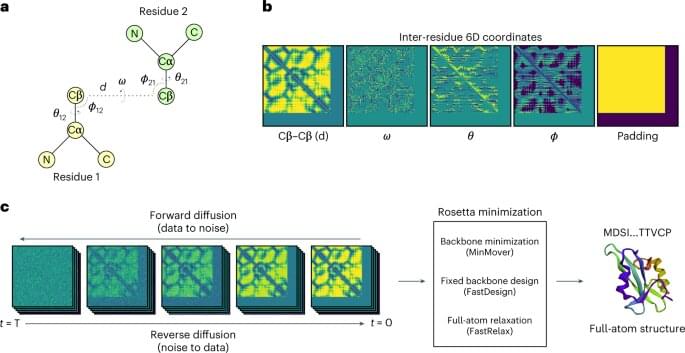
Researchers at the University of Toronto have developed an artificial intelligence system that can create proteins not found in nature using generative diffusion, the same technology behind popular image-creation platforms such as DALL-E and Midjourney.
The system will help advance the field of generative biology, which promises to speed drug development by making the design and testing of entirely new therapeutic proteins more efficient and flexible.
“Our model learns from image representations to generate fully new proteins, at a very high rate,” says Philip M. Kim, a professor in the Donnelly Centre for Cellular and Biomolecular Research at U of T’s Temerty Faculty of Medicine. “All our proteins appear to be biophysically real, meaning they fold into configurations that enable them to carry out specific functions within cells.”
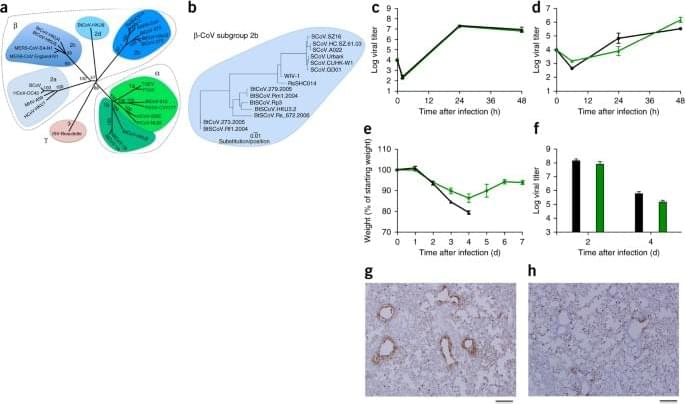
The WHO says covid is no longer an emergency, yet does not say where covid originated from. No one knows. What I know is that covid is a cute name for SARS/Coronavirus. Something made in a lab at UNC Chapel Hill with Ralph Baric and his collegue from Wuhan China which he shared his gain of function research with. However the Nature article published in 2015 has this disclaimer, yet there is no animal origin after more than 3 years. So what do we believe?
“30 March 2020 Editors’ note, March 2020: We are aware that this article is being used as the basis for unverified theories that the novel coronavirus causing COVID-19 was engineered. There is no evidence that this is true; scientists believe that an animal is the most likely source of the coronavirus.”
The results indicate that group 2b viruses encoding the SHC014 spike in a wild-type backbone can efficiently use multiple orthologs of the SARS receptor human angiotensin converting enzyme II (ACE2), replicate efficiently in primary human airway cells and achieve in vitro titers equivalent to epidemic strains of SARS-CoV. ACE2 🤔
Ralph Baric, Vineet Menachery and colleagues characterize a SARS-like coronavirus circulating in Chinese horseshoe bats to determine its potential to infect primary human airway epithelial cells, cause disease in mice and respond to available therapeutics.
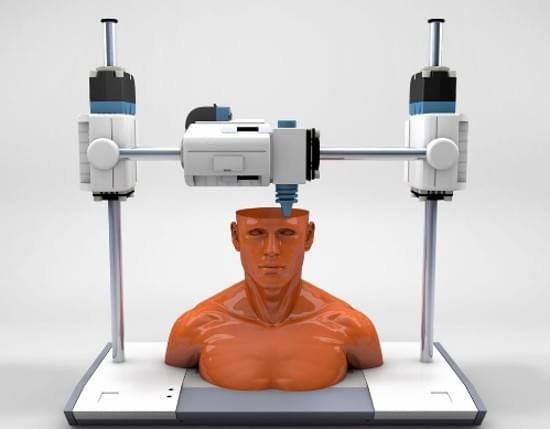

Servers running software sold by Salesforce are leaking sensitive data managed by government agencies, banks, and other organizations, according to a post published Friday by KrebsOnSecurity.
At least five separate sites run by the state of Vermont permitted access to sensitive data to anyone, Brian Krebs reported. The state’s Pandemic Unemployment Assistance program was among those affected. It exposed applicants’ full names, Social Security numbers, addresses, phone numbers, email addresses, and bank account numbers. Like the other organizations providing public access to private data, Vermont used Salesforce Community, a cloud-based software product designed to make it easy for organizations to quickly create websites.
Another affected Salesforce customer was Columbus, Ohio-based Huntington Bank. It recently acquired TCF Bank, which used Salesforce Community to process commercial loans. Data fields exposed included names, addresses, Social Security numbers, titles, federal IDs, IP addresses, average monthly payrolls, and loan amounts.